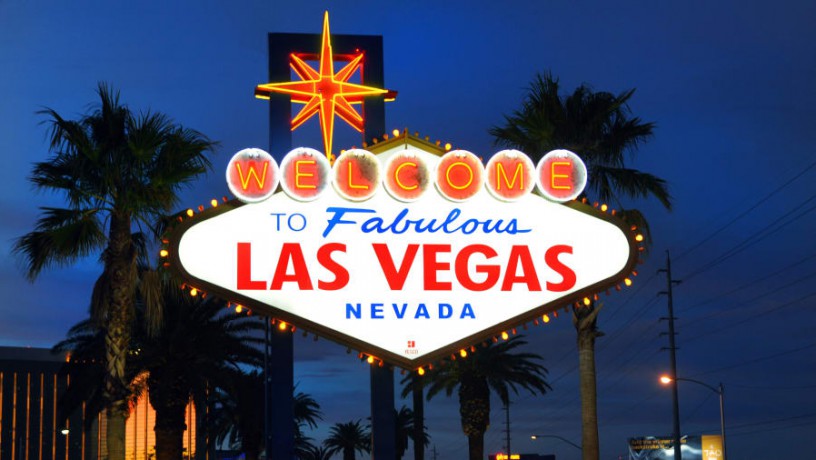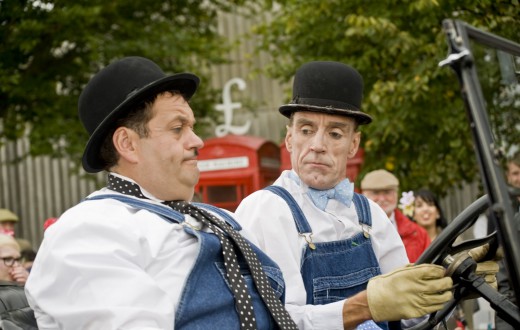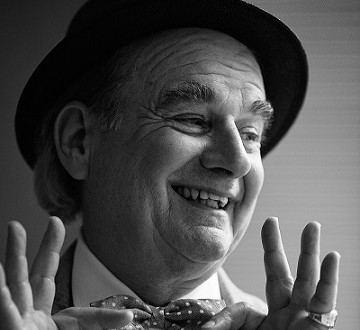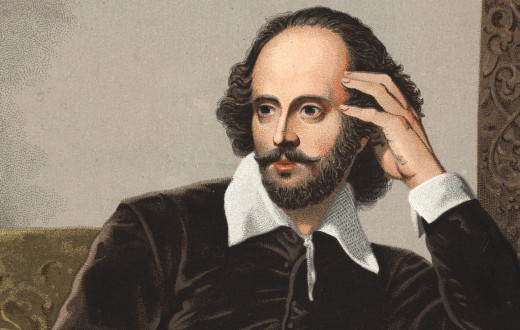Phil Valentine has worn a lot of hats over the years.
He’s worked in just about every capacity in show business you can imagine, both behind the camera and in front of it, all across the U.S. Valentine has been an actor, an agent and a casting director, among other jobs, and his claim that he “probably knows someone in just about every major city” in the country seems totally plausible when he rattles off the places where he’s worked.
The native New Yorker cut his teeth as an actor in the big city before moving out west to L.A., as well as working in Houston, Denver, and half a dozen other smaller market cities across the country. He’s living proof that there are an unlimited number of paths to making a living in show biz.
Valentine is now based out of Las Vegas where he works primarily in casting, though he frequently travels to Los Angeles for work as well. Here’s what he had to say about Vegas, casting, and how actors can help themselves.
On current work:
My biggest client is R&R Partners, and they do all the “What happens in Vegas stays in Vegas” commercials. And that’s how I became a casting director – they actually asked me to become a casting director. They weren’t really happy with a lot of the CDs in town. To be honest with you, Vegas doesn’t have a great reputation when it comes to actors, agents, CDs. We get a lot of business out of New York and L.A., and we don’t really follow a lot of the same rules as they follow. In theses secondary cities, agents go non-exclusive, so everyone is sharing the same talent. So it can be very frustrating, because when you do get somebody who gets cast, it becomes a fight over who sent them. And the production companies really don’t want to deal with that fight.
On actors and their relationships with agents:
When you’re working in a market like here, or Houston, where I worked for three years, and you want to make a living, I understand, it’s difficult. But when you have a 20 percent agency fee – and if that’s what you want to do, that’s fine, as long as you’re up front with your actors – but then they’ll also have a 20 percent “talent fee,” these things they create, that they just make up, and sometimes I find out the agency is making more than the talent. It’s not uncommon. It’s not right, but it happens frequently enough. So that creates an animosity that the talent misunderstands because they think they’re being cheated by the production company and actually its the agency. So I’ll tell the agencies – and they hate this – I say, ‘I’m telling the actors what I’m paying you.’ Because you’ve got to get out of that mode where the talent thinks they’re working for the agency. No. The agent works for the talent. And that’s really the understanding in New York and L.A.
On the gulf between casting directors and actors:
It’d be great for actors to go to seminars with casting directors because they seem to be for the most part strangers, and they have assumptions about each other that are just not true. The casting director is really your best friend. He really does want you to do a good job because that makes him look good. If actors could be behind the scenes, that would be eye-opening to them, not only to see what other actors do, both good and bad, but to hear what is said about them behind the scenes. It’s not evil, it’s not mean-spirited. It’s all these people working together – the director, the client, the ad agency – and they’re all trying to do a good job and they want the talent to be good. It’s all very collaborative, and it’s not like the actor against the casting director. There seems to be a fear there that’s unsubstantiated.
On actors’ misconceptions:
Probably the biggest misconception is that actors think casting directors cast. And we don’t. We present. We present actors to the decision-makers, but we don’t make that decision.
On common mistakes actors make:
The actors will show up without a head shot. That’s still a common mistake. They’ll say, ‘Well didn’t my agent send you my headshot?’ And I’ll say, ‘Yeah, in digital form, but I still need something to hold.’ They need something to look at, they need something to write on. And at the end of a session it’ll often be really low-tech: we’ll have a bunch of headshots on the floor going, ‘Do these two look like they could be husband and wife?’
One casting secret you probably didn’t know:
If there’s one thing that I’ve learned, being a casting director, when the casting starts, the decision-makers frequently don’t agree on what exactly they’re looking for. The casting director, the ad agency, the director, the client – they will often not agree on what beautiful is, on what funny is, what whatever is at the beginning, starting out, because they’re looking to get ideas from the talent. And as more talent comes in they become more and more specific in their descriptions to the talent because they’ve been getting ideas as the talent has come in and auditioned. It’s rare that the first person that comes in and auditions gets chosen. It happens, but it’s rare. They’re usually the guinea pigs. Not on purpose, though, it’s only because they just have a vague idea of what they want. And the people that come in in the afternoon or who come in the second day get a lot more specifics on the character and what they want.
On what they want in an actor:
The decision-makers like actors that are not only talented but smart. They like to collaborate back and forth. You can hear over and over about scenes in famous movies that were not written but just happened in the moment. That takes an actor who is confident, and who will go with his gut feeling. It’s not a play; you can do something on camera and the director will go ‘Cut, yeah, no I didn’t like that. Let’s go back to what we were doing before.’
On trusting your instincts:
You know what an instinct is, that’s when your subconscious has figured something out that you consciously haven’t figured out. So it’s giving you an impulse to do something because it feels right.
On doing theater and getting a closet full of ‘costumes':
I would say theater actors have so much more dimension to their acting. When you do theater, you spend weeks and weeks rehearsing, and you go through blocking, and tech rehearsals, and you really do get a chance to create a character because it’s such a collaborative effort. You do that character over and over again night after night, and you tweak it and you adjust it based on the audience’s reaction. So by the end of the run, that’s when that character is perfected. And when the play is over, the character doesn’t die, it becomes a costume, and that costume goes in a closet in your head. So the more plays you’ve done, the more costumes you have. So when theater actors come in to an audition, and I say, ‘He’s an alcoholic, but he’s on the wagon, and he’s going through a divorce,’ they start pulling pieces of costumes out. And their performances are so deep, with a lot of dimension. It’s more interesting. As a casting director I can tell someone who has theater experience versus someone who doesn’t without looking at their resume. So many people decide they want to be an actor, and then tomorrow decide they want to be a film actor. But if you don’t have any costumes, they only character you can play is yourself. And there’s nothing wrong with that, there are a lot of actors who don’t have a lot of versatility. But if you look at the Dustin Hoffmans, the Robert DeNiros, Meryl Streep, these really great actors with long careers – the one thing they have in common is a theater background.







